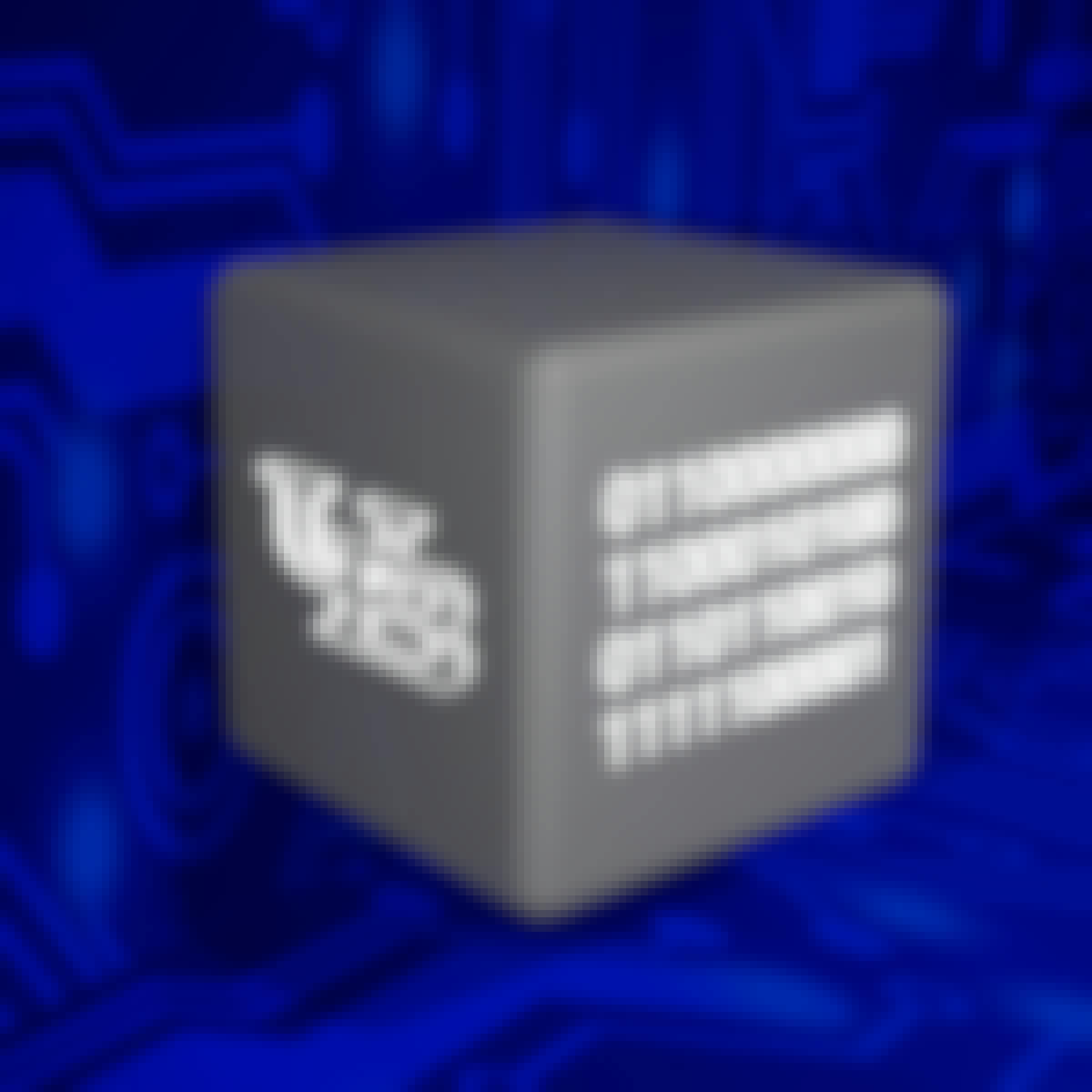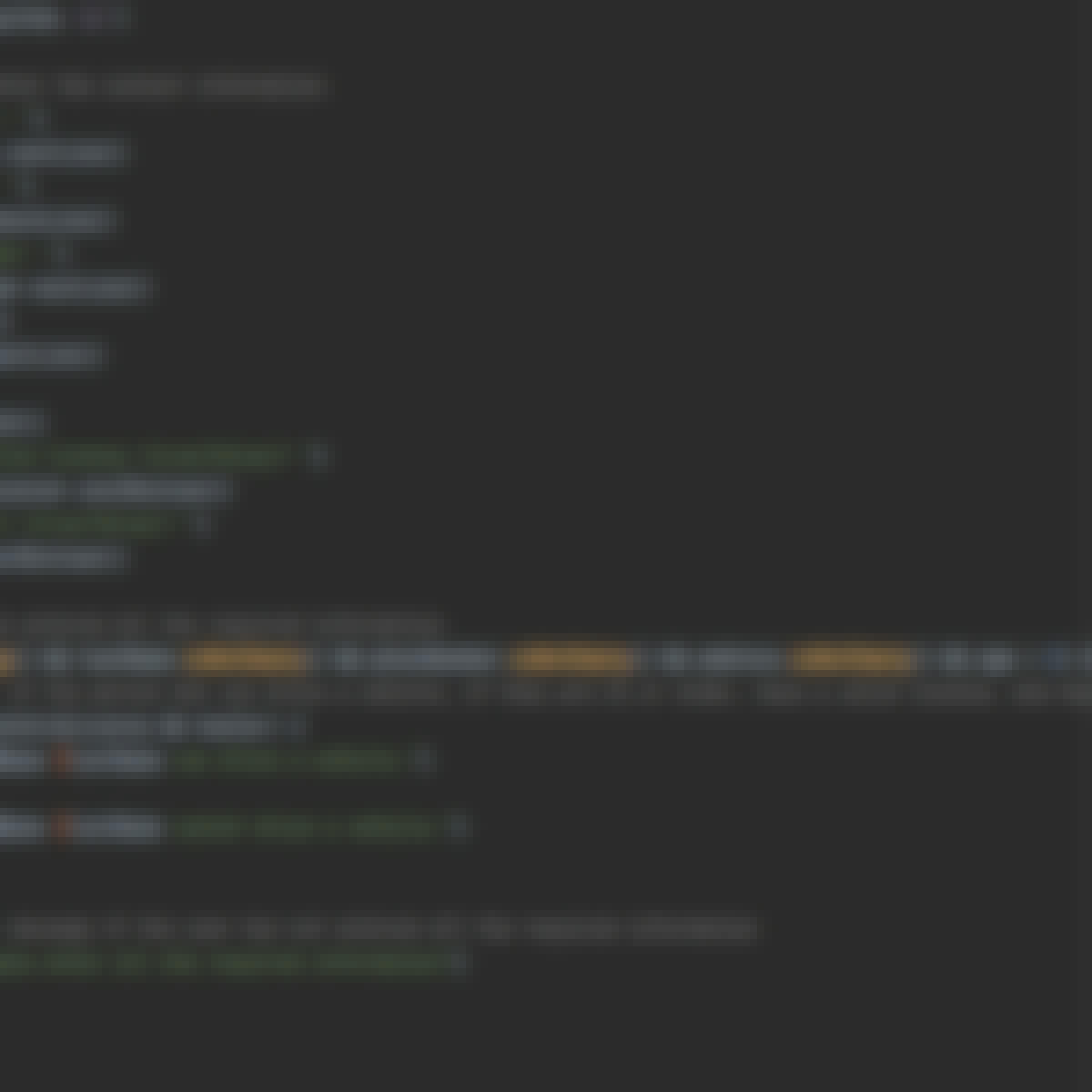Filter by
Subject
Required
Language
Required
The language used throughout the course, in both instruction and assessments.
Learning Product
Required
Build job-relevant skills in under 2 hours with hands-on tutorials.
Learn from top instructors with graded assignments, videos, and discussion forums.
Learn a new tool or skill in an interactive, hands-on environment.
Get in-depth knowledge of a subject by completing a series of courses and projects.
Earn career credentials from industry leaders that demonstrate your expertise.
Earn career credentials while taking courses that count towards your Master’s degree.
Earn your Bachelor’s or Master’s degree online for a fraction of the cost of in-person learning.
Earn a university-issued career credential in a flexible, interactive format.
Graduate level learning within reach.
Level
Required
Duration
Required
Skills
Required
Subtitles
Required
Educator
Required
Results for "computer-aided+engineering"

Google Cloud
Skills you'll gain: Google Cloud Platform, Tensorflow

LearnQuest

Edureka
Skills you'll gain: Application Development, System Programming, Web Development

University of Virginia
Skills you'll gain: Design and Product

Johns Hopkins University

Coursera Project Network
Skills you'll gain: Graphic Design, Social Media

Coursera Project Network

University of Michigan
 Status: Free
Status: FreeUniversity at Buffalo

KodeKloud
Skills you'll gain: Docker (Software)

Universidades Anáhuac

Coursera Project Network
In summary, here are 10 of our most popular computer-aided+engineering courses
- Running Distributed TensorFlow using Vertex AI: Google Cloud
- LCFA Practice Course: LearnQuest
- Programming with Rust: Edureka
- Agiles Arbeiten trifft auf Design Thinking: University of Virginia
- Social Network Analysis: Johns Hopkins University
- Build social awareness content for Facebook with Canva: Coursera Project Network
- Create Interactive Prototypes with Pidoco: Coursera Project Network
- Python استخدام قواعد البيانات مع: University of Michigan
- 블록체인의 기초: University at Buffalo
- Docker Basics for DevOps: KodeKloud










